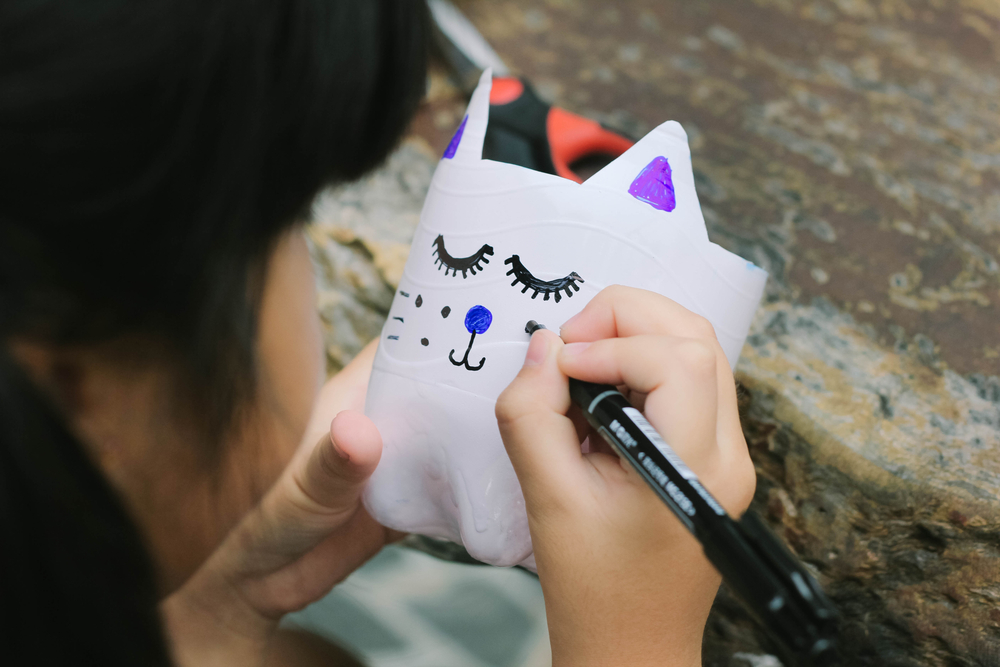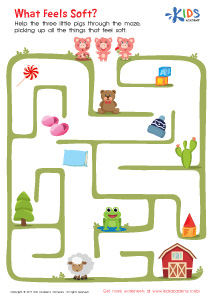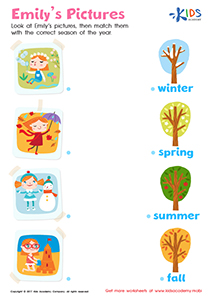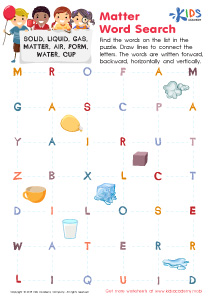Extra Challenge Life Science Worksheets for Ages 7-9
5 filtered results
-
From - To
Discover the perfect academic boost with our "Extra Challenge Life Science Worksheets for Ages 7-9." Designed to ignite curiosity and enhance understanding, these engaging worksheets explore diverse life science topics, from ecosystems and animal classifications to plant biology and human body systems. Tailored to challenge young learners, our resources build critical thinking and problem-solving skills while making science captivating and accessible. Each printable worksheet offers exciting activities, vibrant illustrations, and thought-provoking questions, ensuring hands-on, interactive learning. Equip your child with the tools they need for academic success and a lifelong love for science. Perfect for classroom or home use!
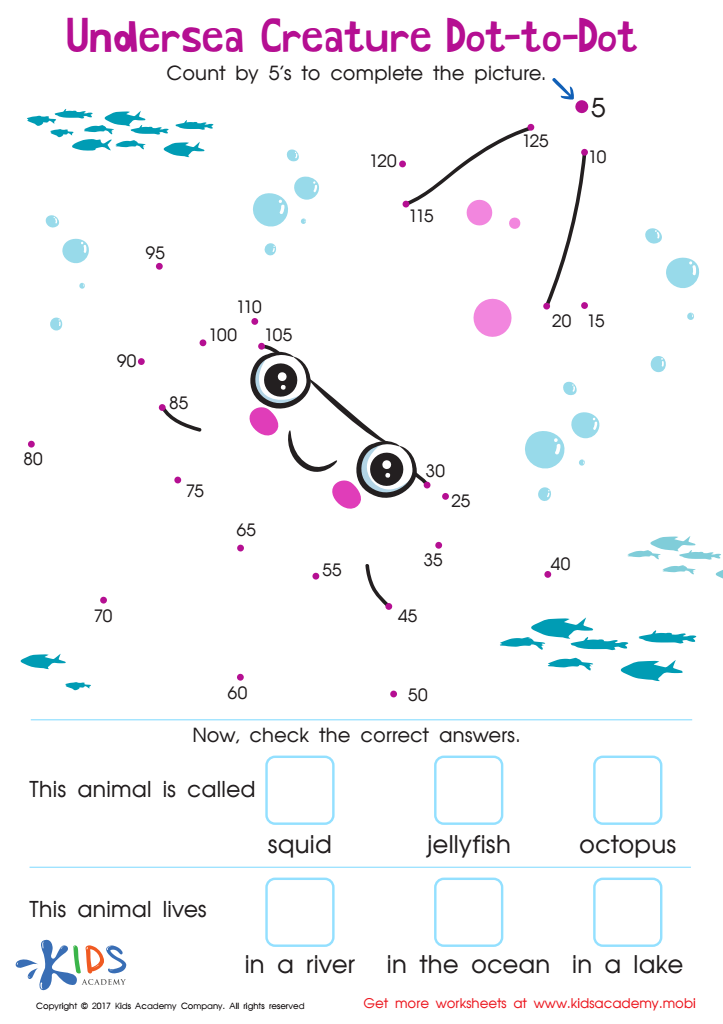

Undersea: Dot To Dot Worksheet
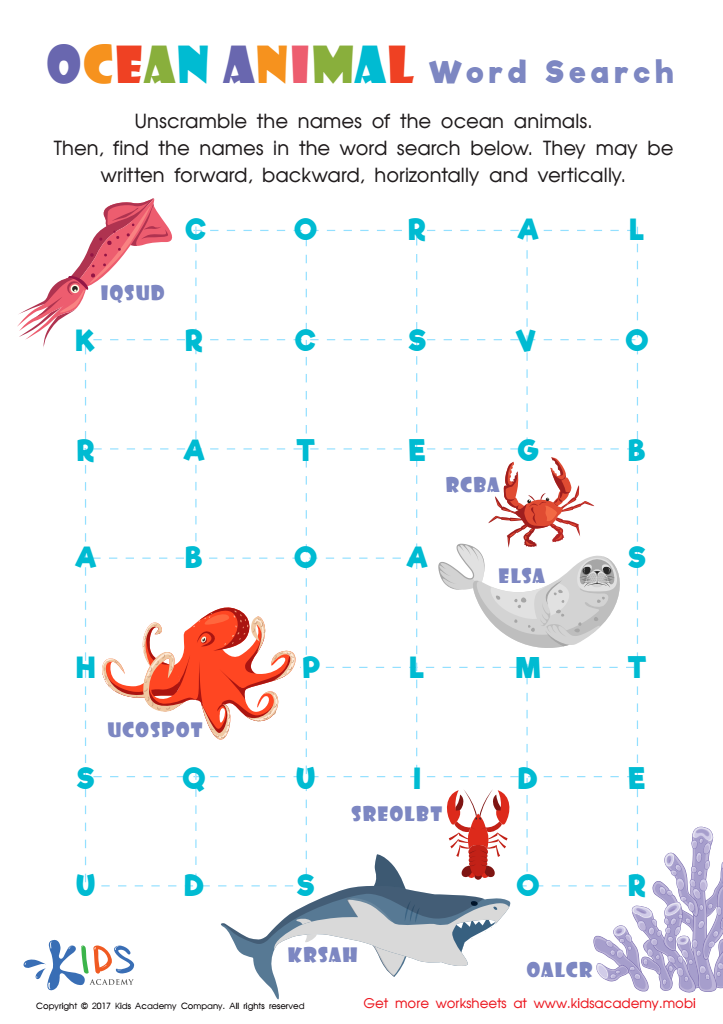

Ocean Animals Word Search Printable
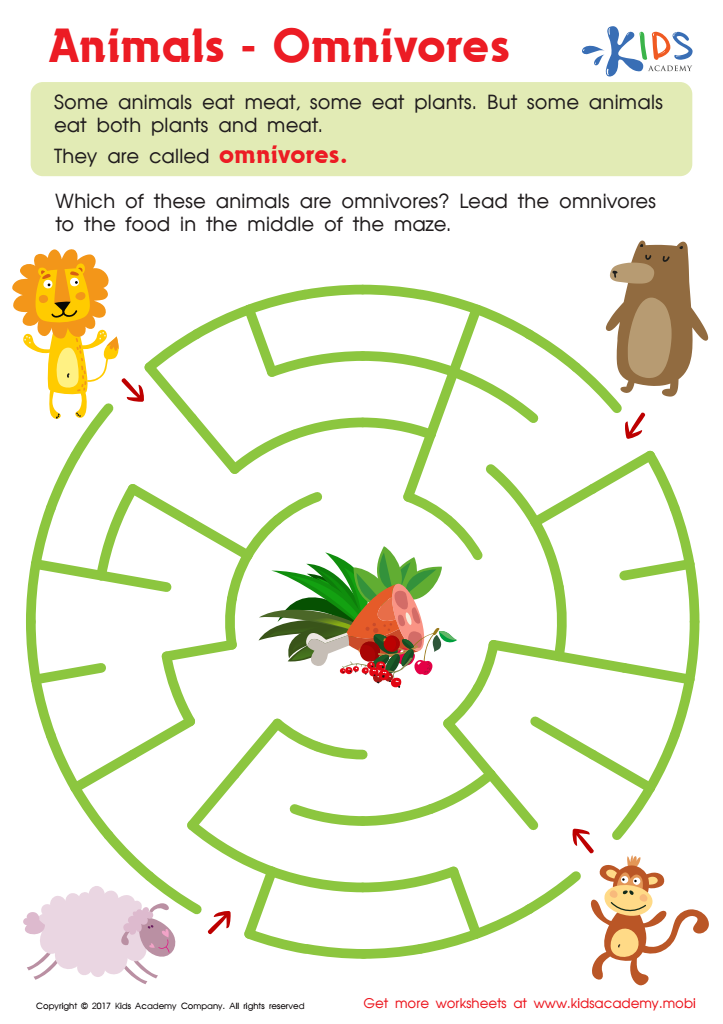

Omnivores Animals Worksheet
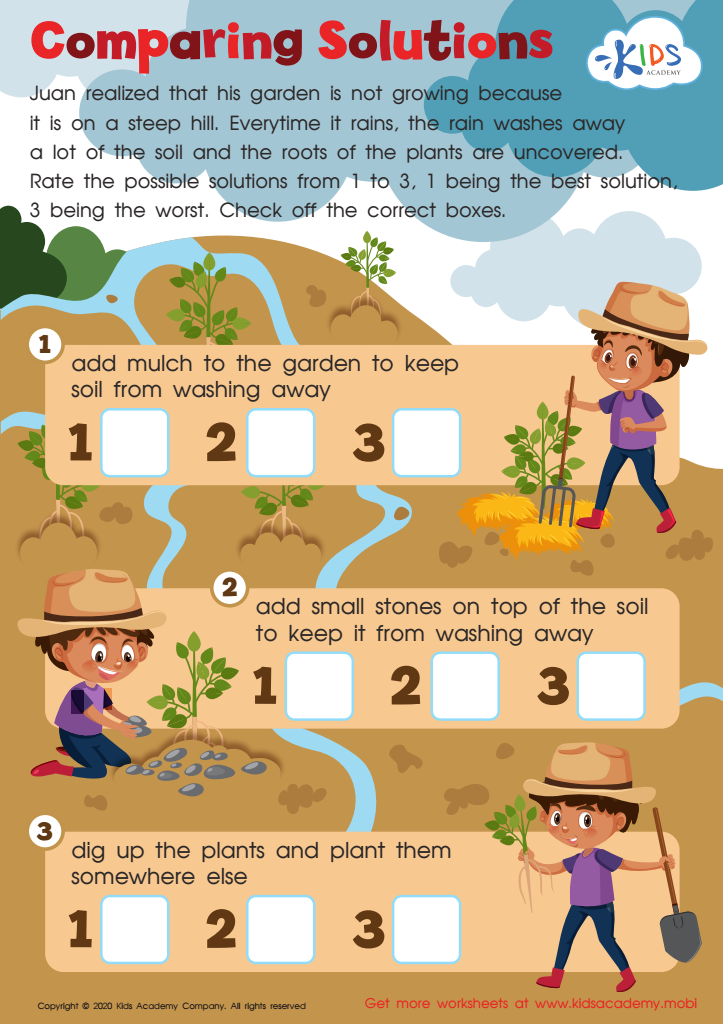

Comparing Solutions Worksheet
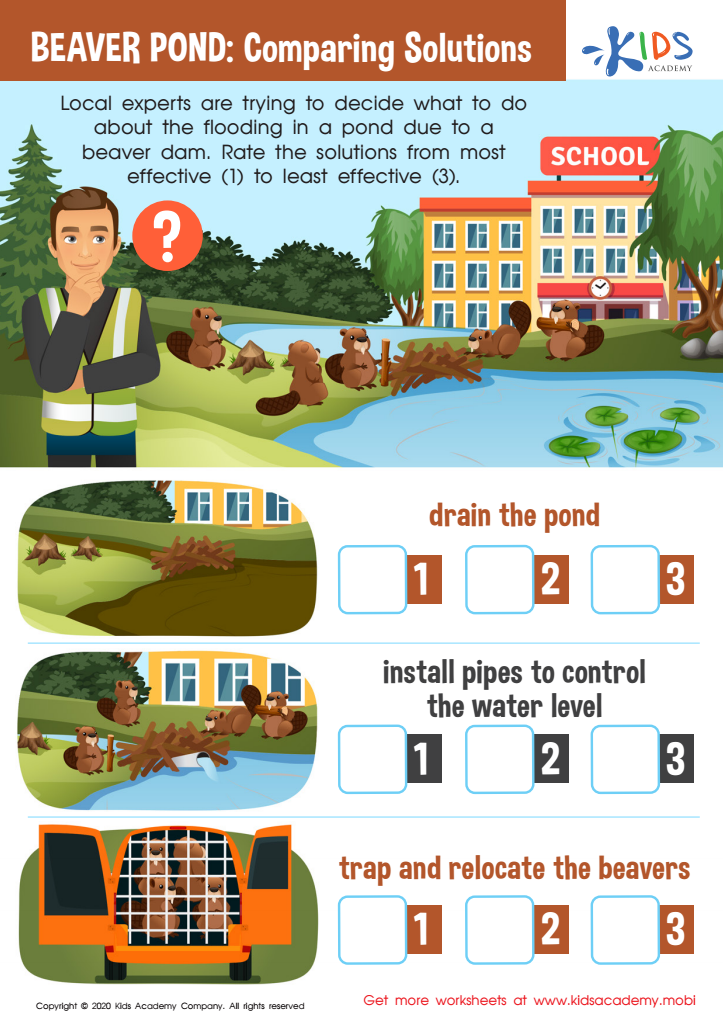

Beaver Pond: Comparing Solutions Worksheet
Extra Challenge Life Science activities for ages 7-9 are invaluable for fostering a deep, lasting interest in the natural world. At this formative stage, children's brains are highly receptive to new ideas and concepts. Exposure to life science not only introduces them to basic biological principles but also nurtures critical thinking and curiosity. Engaging in hands-on activities, such as observing plant growth, exploring insect behavior, or conducting simple experiments, provides practical experience that deepens understanding.
Parents and teachers should care because these activities bridge the gap between textbook learning and real-world application. This experiential learning enhances problem-solving skills and encourages inquiry-based thinking, which are crucial for academic success across all subjects. Additionally, fostering an early interest in science can lead to a lifelong passion, potentially guiding future educational and career choices.
In an age where digital distractions vie for children’s attention, immersing them in nature and hands-on science can ignite a sense of wonder and responsibility towards the environment. This holistic growth not only builds foundational science knowledge but also promotes empathy, perseverance, and a broader understanding of the world, equipping children to become thoughtful, informed individuals. Investing time in these activities enriches children's learning experiences in meaningful, long-lasting ways.
 Assign to My Students
Assign to My Students


